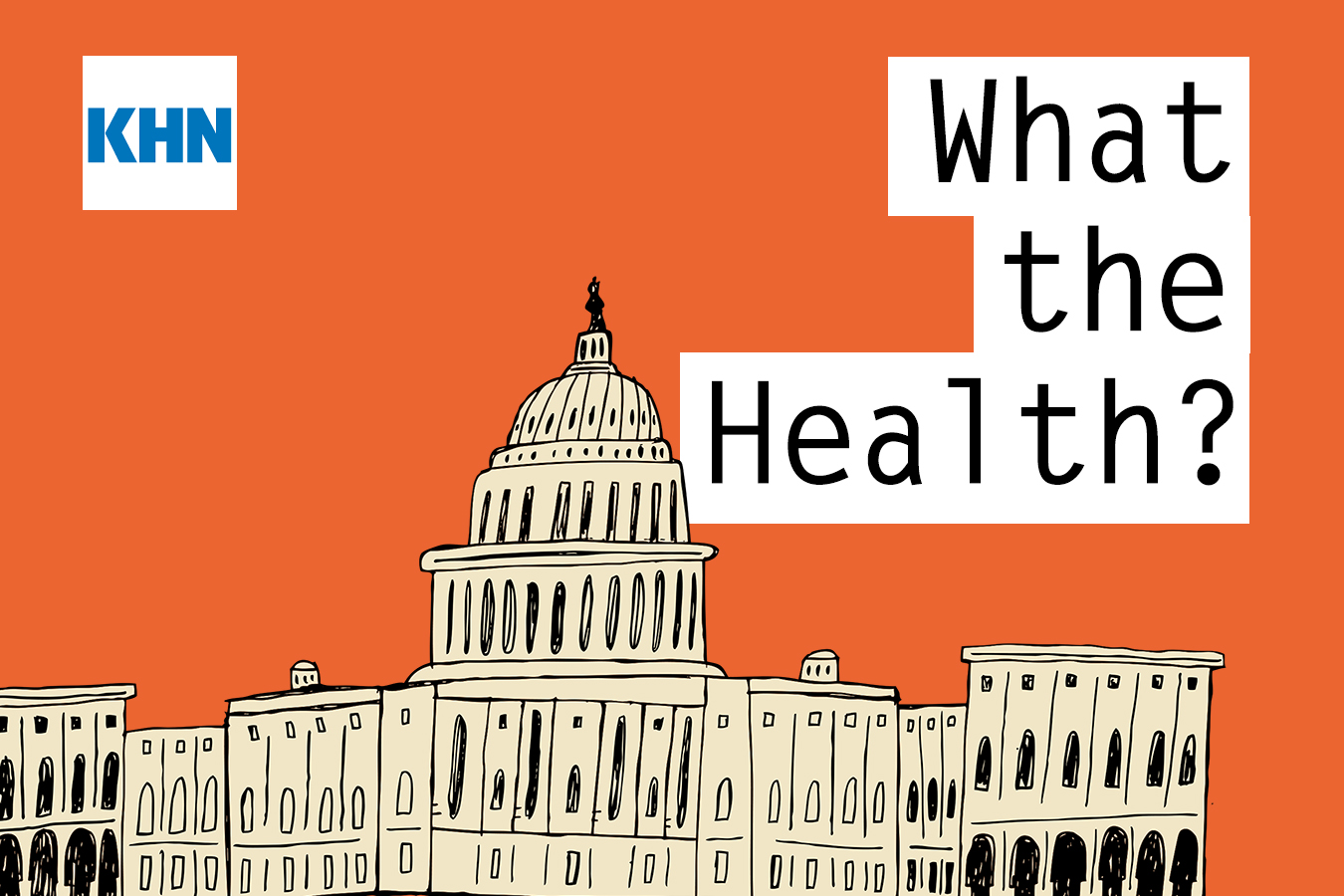Can’t see the audio player? Click here to listen on Acast. You can also listen on Spotify, Apple Podcasts, Stitcher, Pocket Casts, or wherever you listen to podcasts.
The lame-duck Congress is back in Washington with a long list of bills it would like to pass and a short time to do it before Republicans take over the House majority in January. How many health-related items can be accomplished depends largely on how much money Congress agrees to spend overall, as it hashes out the annual federal spending bills.
Meanwhile, some of the remaining states that have not yet expanded the Medicaid program may be warming up to the idea, particularly North Carolina and Kansas, which have Democratic governors and Republican legislatures.
This week’s panelists are Julie Rovner of KHN, Alice Miranda Ollstein of Politico, Rachel Cohrs of Stat, and Sarah Karlin-Smith of the Pink Sheet.
Among the takeaways from this week’s episode:
- How much the lame-duck Congress manages to accomplish will partly hinge on whether congressional leaders opt for an omnibus spending bill — which would complete the unfinished spending bills through September 2023 — versus a continuing resolution, which would simply extend what’s already on the books into sometime in the new year. Bottom line: Health priorities are competing for a pot of money, but it’s unclear how large that pot will be. Some insiders describe it as a traffic jam.
- At the top of that list are FDA reforms that didn’t make it into the prescription drug user-fee reauthorization bill that passed this year. Lawmakers fought to keep that measure “clean,” leaving the door open to tackle some leftover issues. What, if anything, will make the final cut is yet to be seen.
- Other things on the lame-duck list include reversing a 4% scheduled cut to Medicare providers’ reimbursements; weighing proposals related to pandemic preparedness; addressing Medicaid funding for U.S. territories; addressing the end of the public health emergency; and scrutinizing telehealth policy.
- Among the states that have yet to expand Medicaid under the Affordable Care Act, action is possible by those with a Democratic governor and Republican legislature — Kansas and North Carolina, in particular. Advocates are targeting such places because coverage for hundreds of thousands of people could be at risk, especially as the official end of the public health emergency looms. The financial well-being of some rural and safety-net hospitals also is in jeopardy.
- Georgia is poised to expand Medicaid eligibility somewhat, but only to people who can prove they worked or did community service for 80 hours per month. This comes after a federal judge ruled that the Biden administration’s move to cancel a Trump administration-approved waiver was “arbitrary and capricious.” The only other Medicaid work requirement that has taken effect, in Arkansas, ended up taking coverage away from thousands of people who were eligible and working, due to its complicated reporting system.
- Anti-abortion groups seem keen on finding creative ways to take aim at the so-called abortion pill, which recently became the most common method of ending pregnancy in the United States. Medication abortions are much more difficult for anti-abortion groups to target, because women do not have to go to a clinic to receive the drugs.
- One lawsuit sought to force the FDA to rescind its approval of mifepristone, dating to 2000. Anti-abortion groups say the agency didn’t have the authority to approve the drug through the “expedited” pathway it chose.
- Another strategy from anti-abortion groups claims that the use of abortion pills is contaminating wastewater and groundwater; they seek to deploy environmental laws to block the use of the drugs.
- Despite Americans’ desire to put the covid-19 pandemic in the rearview mirror, the virus may have other plans. The Biden administration wants another $10 billion before the end of the year to pay for its anti-covid campaign, although even Democrats in Congress are not pushing hard for that funding. Meanwhile, governments and social media platforms are still struggling to address covid misinformation and disinformation.
Also this week, Rovner interviews KHN’s Fred Clasen-Kelly, who reported and wrote the latest KHN-NPR “Bill of the Month,” about a mysterious mishap during minor surgery. If you have an enormous or mystifying medical bill you’d like to share with us, you can do that here.
Plus, for extra credit, the panelists recommend their favorite health policy stories of the week they think you should read, too:
Julie Rovner: Stat’s “Resistance to FDA’s Opioid-Disposal Plan Raises Concerns About CADCA, a Powerful Advocacy Group,” by Lev Facher
Alice Miranda Ollstein: ProPublica and The New York Times’ “She Wanted an Abortion. A Judge Said She Wasn’t Mature Enough to Decide,” by Lizzie Presser
Rachel Cohrs: The New Yorker’s “How Hospice Became a For-Profit Hustle,” by Ava Kofman
Sarah Karlin-Smith: The New York Times’ “Jail Is a Death Sentence for a Growing Number of Americans,” by Shaila Dewan
Also mentioned in this week’s episode:
To hear all our podcasts, click here.
And subscribe to KHN’s What the Health? on Spotify, Apple Podcasts, Stitcher, Pocket Casts, or wherever you listen to podcasts.




